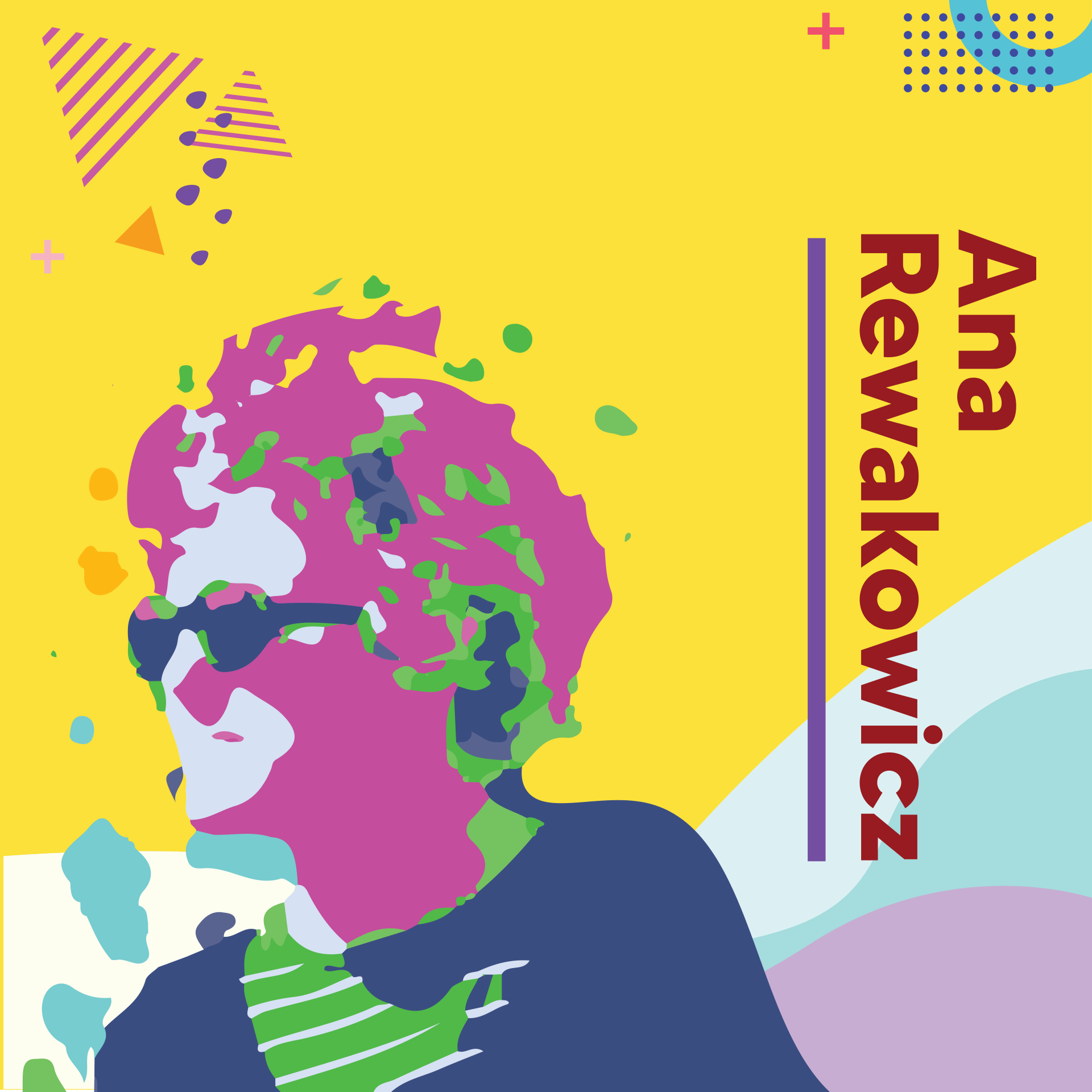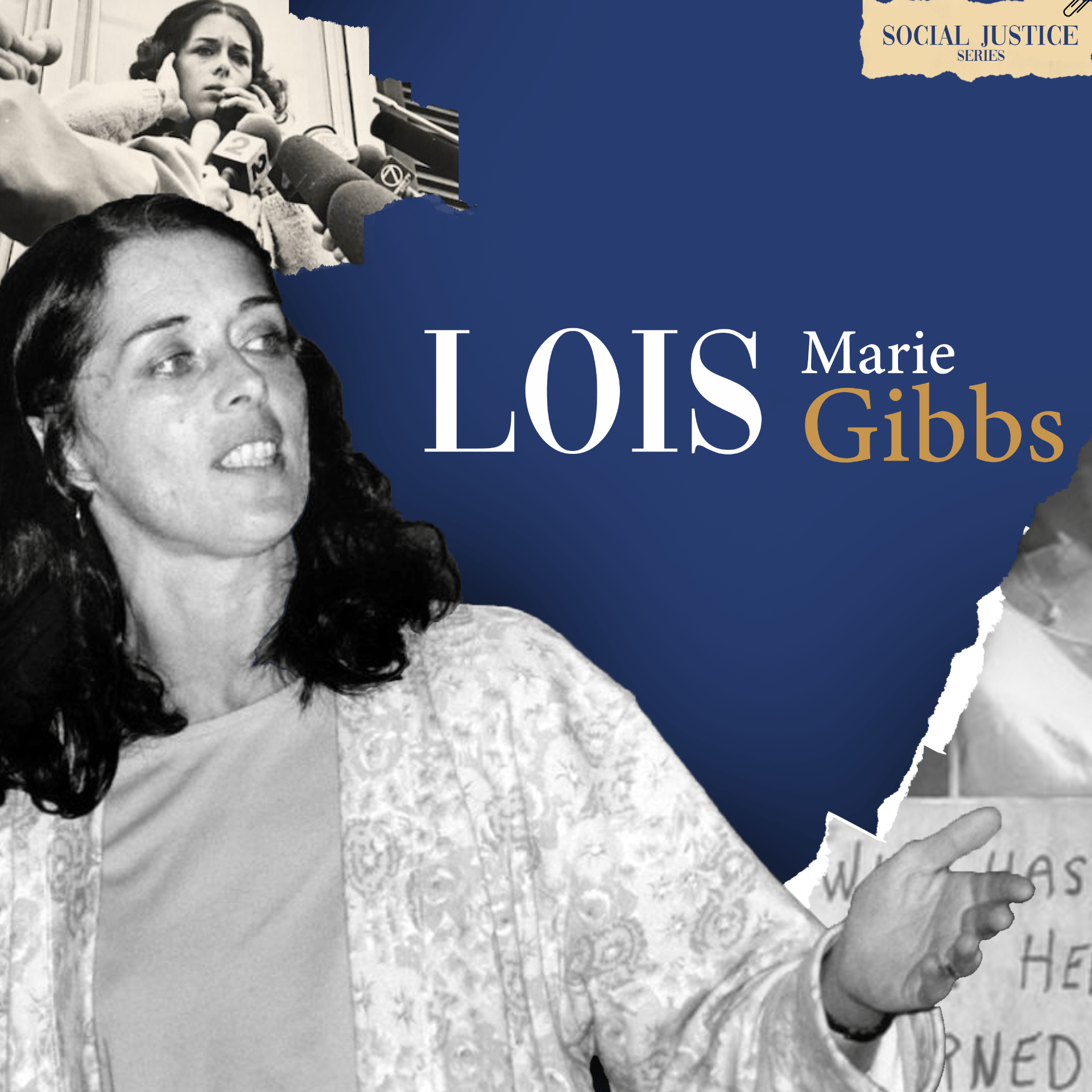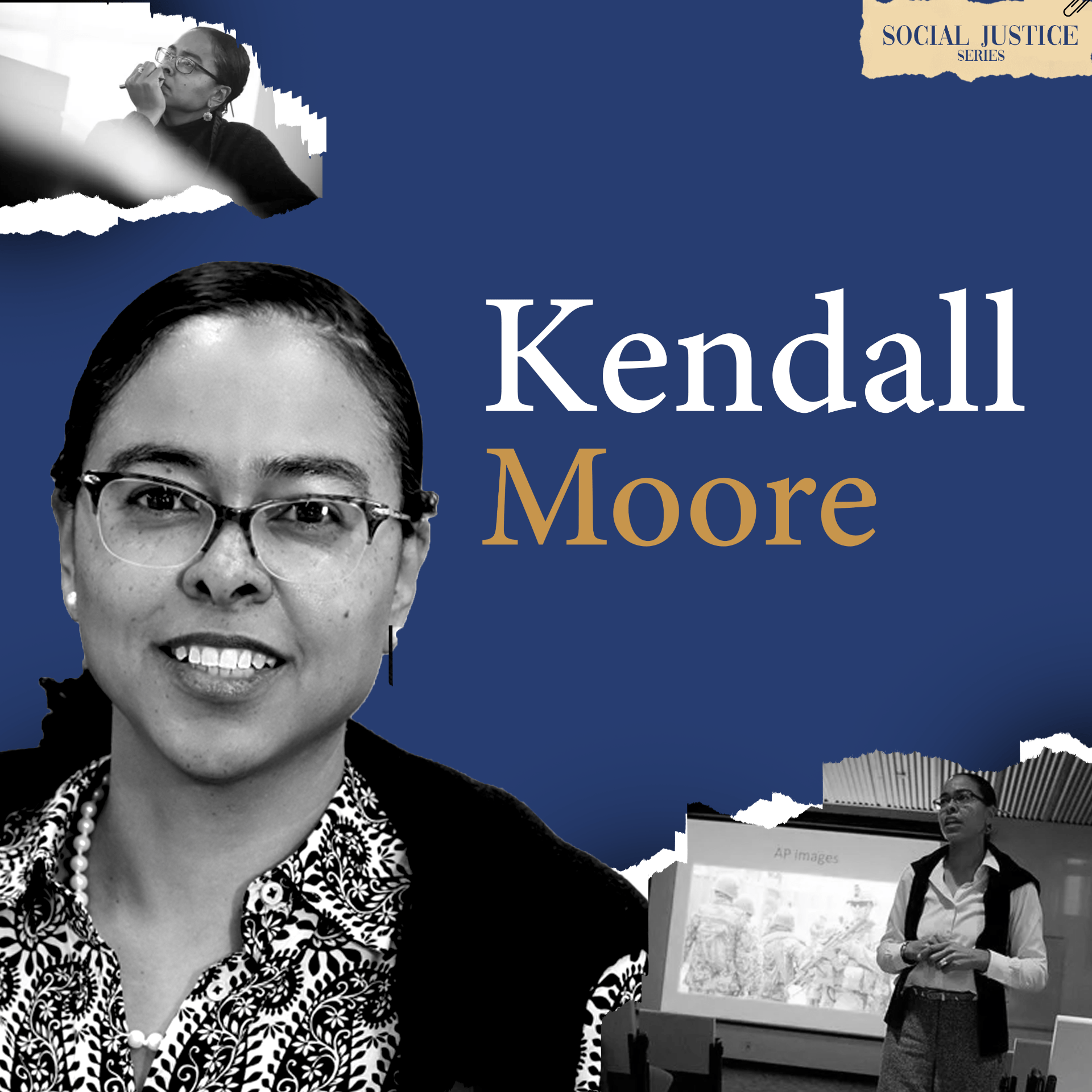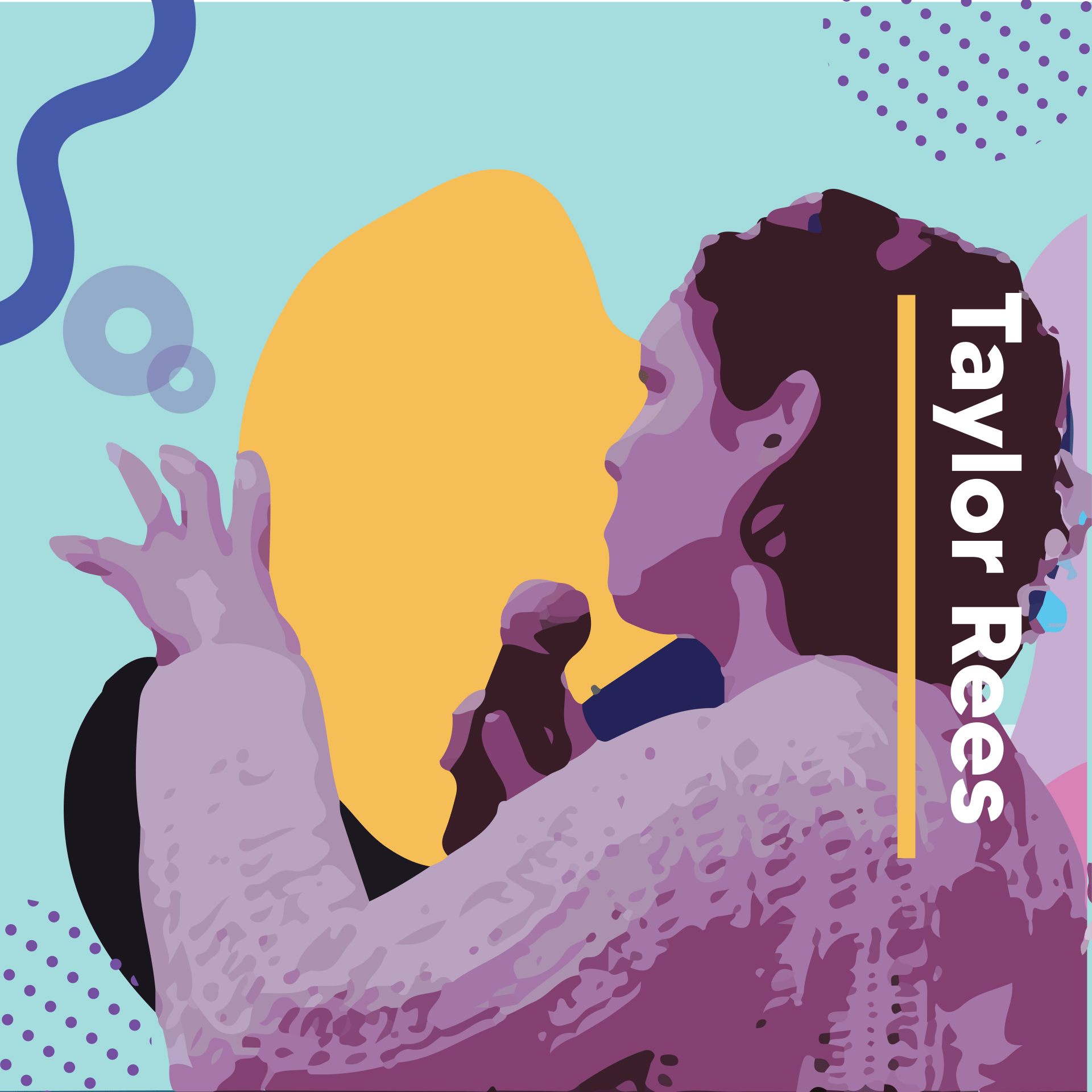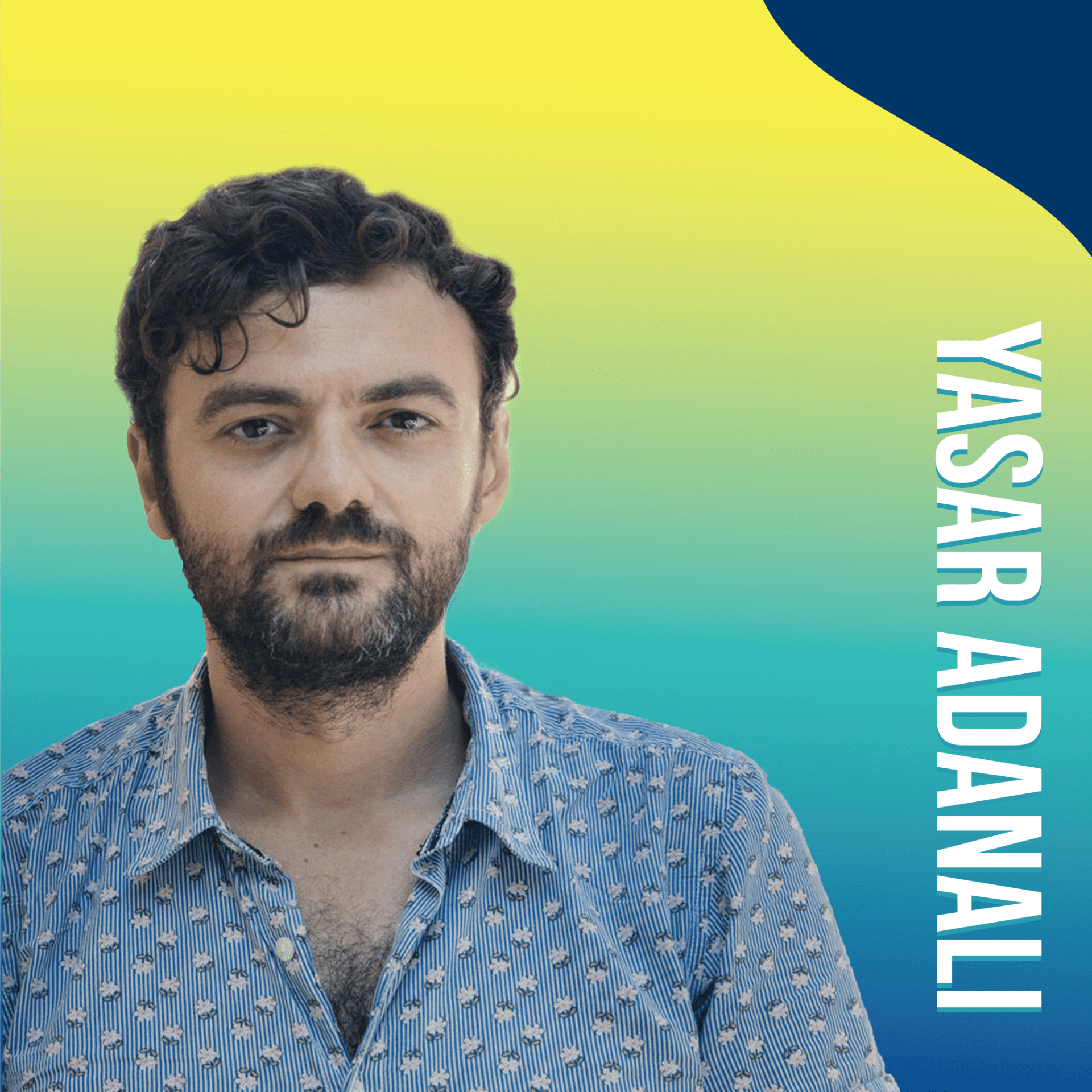
Episode #01
Panmela Castro on Art & Activism
Join the Global Lab conversation with Panmela Castro on what it means to be an activist of color using art as a medium of expression and her body as a canvas. In this episode, she talks about issues of gender, race, and domestic violence and how that is represented in her performances and life as an activist in Brazil. In this episode, Panmela moves us to look beyond hatred to find love, strength, and acceptance.
Hosted by Aarti Smith Madan, Spanish & International Studies, Department of Humanities and Arts, WPI
Art & Activism
Guest Bio
Panmela Castro is a graffiti artist from the suburbs of Rio de Janeiro, Brazil. She has developed projects in more than 15 countries and has received numerous nominations for her human rights activism. She has also exhibited in institutions such as Stedelijk Museum and her work is part of The United Nations Art Collection. Panmela’s work involves creating performative art that is based on her personal experience as an activist searching and providing mutual affection and recognition to women with similar experiences.
Transcript
Scroll to read more
[Intro by Leslie Dodson]
Welcome to the Global lab artists podcast, where we spend time with creative people who move us to experience the world in new ways. We hope you enjoy the show.
Aarti Madan 00:16
We’re here today with Panmela Castro, who’s in town for arts and sciences week 2019, and the launch of the Latin American Studies Initiative. Thank you, Panmela, for joining us today. So welcome. The first question I have for you is, you mentioned in your writing that the only thing I’m sure of is being a feminist, could you talk about your your roots as a street artist in Brazil? And then more specifically about art across the world? And specifically then on university campuses? Could you elaborate on that a bit for us?
Panmela Castro 00:54
I wrote this phrase, in the moment that we have a huge exhibition Brazil, about feminist art, a and I was talking with the Creator, and she said that I was not going to participate. And I started thinking about who I was, I am. Am I even though I don’t know if he I can consider myself as a woman. Like I haven’t locked off masculine characters. And without this talk about gender non binary. Too much question in this world. And the only thing that I really know that is that families, and I’m using the families to share the things in the world.
Aarti Madan 01:46
One of the most famous feminists of recent Brazilian history is Marielle Franco. And I know that a lot of stencils were made of her in the aftermath of her assassination. And one thing that really struck me was when Malala visited, and she also helped you make some stencils. Could you talk about that experience and what it meant for you to have these global feminists sort of together in the space of Brazil and what that meant for you as an artist and as a feminist and activist?
Panmela Castro 02:23
Yeah, when Malala made it 21 year old, she shows my organization to commemorate her birthday. And she came to talk to us with some goals, and we make this refeeding workshop where she made this thanks off Marielle Franco. But it’s important to know that in that time, we have different kinds of stencils with different Roman and she shows Maria,
Aarti Madan 02:50
Could you tell us a bit about Marielle her background and what she means to you as a Brazilian
Panmela Castro 03:01
the most important thing in Marielle that was important when she was alive. And it’s important now that she was she’s she was killed, is that Marielle, was presenting in a power space. A kind of people that were not represented there, that like black woman from the favelas, and lesbian. We don’t do not have to much representation in the power of space in the politicus. And Marielle was giving voice to this kind of people representing years there. And because of this, because she was shaking too much the politis people killed her. And now she caught a symbol that about our our fight for our rights.
Aarti Madan 04:04
So I’m happy you brought the matter of race into this conversation. Based on following you and reading a lot of your works. I know recently, you’ve begun to self identify with your your black ancestry. So can you talk a bit about the link between gender and race in Brazil? And does this link between gender and race come to play out in your art?
Panmela Castro 04:36
In Brazil? For me, it’s difficult because I get in nowhere because I was raised as white to go with some stuffs happens with me and I never know why. Like yesterday going to my hotel here in one system was It was so difficult to speak in the name of the city. I agree. Going to my hotel by Uber, the Uber asked me if I was walking inside the old auto, because it was a good walk, to do to work and that be your hotel. And I was like, why he thinks that I’m working there. I’m not like it, I guess of the hotels. And this kind of stuff that happens with me, it’s because I’m not white. And it’s took a long to me to discover it. At the same times. If I want, I can say that I’m blacking resue. But at the same time, I’m concerned that I did not suffer the same kind of pressures that woman with dark skin. So far in Brazil, like to go to a supermarket it and the the mental look as you are going to reverse stole something, and this kind of thing that don’t Sofer. And it’s different levels of pressures. But with my experience to have in my family, the pressures, because they don’t want me to know that I was black. They raised me to be a white goo. Like he’s straightening my hair, coloring my hair in blonde, because in this way, I look like more white. I think it’s good to share the kinds of pressures that we have in Brazil. And, you know, in Brazil, I have this organization called hinami, that it’s a women’s rights organization where we have the art, we use the art to promote the women’s rights special against domestic violence. And we are we during years we were doing this job. And I saw that it was not just sufficient to make work with a woman. Because we were talking a lot about domestic violence men with when we saw the numbers 70% of the woman that was suffering domestic violence in the kidded war black woman. This is why I directed all my forte for black woman because are the woman that are suffering more and needs more help
Aarti Madan 07:29
Do these issues come up in your artwork?
Panmela Castro 07:33
We cannot sit emerging in the bands and the performances. But in my social in the pendulum is completely directed for like a woman.
Aarti Madan 07:48
I’d like to talk now a little bit about your performances and specifically about how they relate to your body. So your work really focuses on the personal as a pathway to the political and your body is a canvas in many ways. Can you tell us a bit about those dynamics, those processes of using your body as a canvas.
Panmela Castro 08:13
Lots of people say that my work speaks about woman general words. I like to say that I don’t want to represent the woman because I cannot represent all the women out kind of the woman because they are different. I prefer to speak about to me and wait if some woman or the person feel I met with my lessor, in this case, I can’t hit present a beat together with her. I think my work is about this to be together. And it’s about love to because we are looking for love and sometimes people gave you it’s violence but it’s always about love to look for love.
Aarti Madan 09:04
It’s really beautiful. It’s a beautiful way of thinking about it. So I know I have my favorite performances of yours. What are some of your favorite performances that you have done?
Panmela Castro 09:18
I think the the work that we develop is like a song is not we don’t have one or other that’s my preferred one. My favorite one. I like all of them but for sure we are always excited with the last one. That’s it. That’s in our memory, my last one was this coat against bad men that. I put our life back.
Aarti Madan 09:48
Can you tell us a bit about it?
Panmela Castro 09:49
Yes.
Aarti Madan 09:50
Where you did it.
Panmela Castro 09:53
I did it like two weeks ago, three weeks ago. A lot invited to La A woman and no etheral man, like they gave. And they came for the schools where we talk about men, what they made we feel is and we put fire in a piece of paper in the same boat to get this man out of our life. And in the beginning, I thought that it as a performance it will be a little bit more like to throw. Or funny, maybe funny, but in the end, I saw that people really believe it in that symbol of the fire. A light chew woman was crying when they they were telling the history. And this is why this performance got me this so surprising. Because it’s was touching the people.
Aarti Madan 10:59
One of your performances is called hoorah rupture, where you shave your head and transition from wearing dresses. To the end, I think you’re wearing a suit. Could you tell us a bit about that performance and what it means for you.
Panmela Castro 11:16
The performer see you today talks a little bit about what we were saying about race that was grow it I grew up as our white go and my friend family they strated and painted my hair with gold. And I was years and years with that hair and it was a kind of slavery to every month paint the hair straight the hair. It was so boring. I hate so much that’s fact a to have to look feminine with that blonde hair like and to use all the dress sometimes I feel that I’m so masculine I have so much 30 characters that are considered masculine and hope tutoring Portuguese it’s like to break the performance was to break without that my family out that people teach me how how I as how I I have to be a woman How is to be a woman. And this is why I invited people to shave my hair. This way I can get my my new hair and they throw hair as black you and I changed the my clothes and put the comfortable clothes that I like it. That it was more to say that I was not accepting more quiet people telling me to do it.
Aarti Madan 13:01
Two of your more recent performances involve your body being mutilated, one with the cuts, and the other where you’re being stoned. Can you tell us about those experiences? And what those works mean for you?
Panmela Castro 13:18
Yeah. The first time I present before mercy like that, where I get body Ma It was in in the museum inside hops hospital for crazy people. i Sorry, I don’t know the word for this. And it was a one of the intern she was saying why I was cutting my body if she was inside of the hospital to doing this. Well it’s it’s exciting. They are there too. We can make metaphors and make hardcore actions to tell about life and being and change and to make it like just hard to cows. A good thing my buddies to talk about these search for love that instead of this we get like the pen because and it’s not just about what people do we feel is worth is about what they say to us and how they look to us as a woman and how we suffer everyday as a woman. It’s more about it’s a metaphor about how to be a woman in this world.
Aarti Madan 14:47
So moving on from your performances. I want to think about the question of space. What are some of your favorite spaces to do these performances in or to paint murals? then whether there are cities or specific locations.
Panmela Castro 15:06
Oh, my work is for people in the way I prefer to stay in place that I can put, I can be in touch with people, I can exchange, we can make things together, the people the audience can participate on needs, I have lots of participating. But participating or rebellious participative is
Aarti Madan 15:32
participating workers,
Panmela Castro 15:34
participating workers. This is the most important point for me. This is why I like to make mural and this is why I make mural here, because the mural is a way to be dialing with people to tell history to tag interaction with them.
Aarti Madan 15:53
So while you’ve been at WPI, you’ve painted a mural of Abby Kelly Foster, who’s worcesters most famous abolitionist and suffragist in support of women’s rights to vote. What can you say about the role of murals and art on university campuses such as at WPI.
Panmela Castro 16:17
I’m so glad that we got the permission to make it in the universities, it’s so important to share art with the people here in the campus and everywhere. Sometimes the buildings, the actitude is so cold, and we live in this open place that people don’t know accents between. And I think to have this kind of art, with the memory of a so important woman that work. It’s so much for us. It’s a way to get a better life and improve quality of thinking about the
Aarti Madan 16:55
world. Thank you so much for taking the time to visit us and to talk with us this morning. It’s been an absolute pleasure to get to know you more, and we hope you come back someday. Oh,
Panmela Castro 17:08
thank you. It’s was very nice to make this with you.
Leslie Dodson 17:15
Thank you for spending time with us today. Check out our other episodes on the global lab playlist. Our audio engineers are Varun bot and William Fourier music by Mr. Smith.

